Each spring and summer, hundreds of thousands of kittens will be born across the U.S. And while the image may make you think of adorable little balls of fluff running around in the sunshine, for people working in animal welfare it’s all but cute. In fact, this can be one of the busiest and most stressful times of the year. Each year, our community will be challenged to handle the influx of newborn, homeless kittens. And with this many cats born each year, we will be hard pressed to find new homes for all of them. Only with the support of animal lovers like you, we can start to alleviate some of the problems created by the time of year affectionately known as “kitten season.”
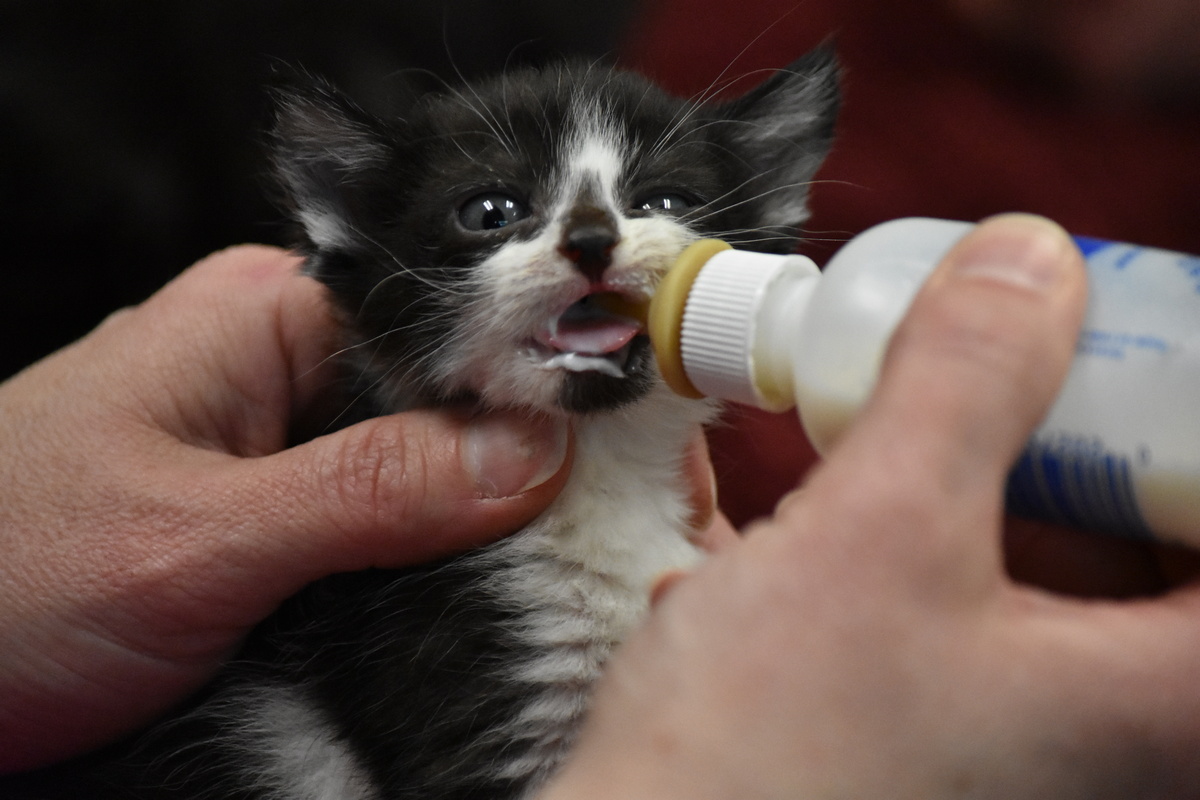
What is kitten season?
Kitten season typically starts in early spring and peaking in the summer and goes right through to fall. It’s a time of year when cats start to produce their kittens—in abundance. This includes unfixed free-roaming pets, friendly strays, or feral cats called community cats—of which only 2% are spayed or neutered. According to the Humane Society of the United States, there are roughly 30 to 40 million community cats in the U.S. So, considering that just one female cat can have up to 12 kittens each year, the kittens start adding up rather quickly. In fact, 80% of the kittens born each year are from the community cat population. With nowhere to go, the majority of the kittens in Rochester will make their way to Lollypop Farm.
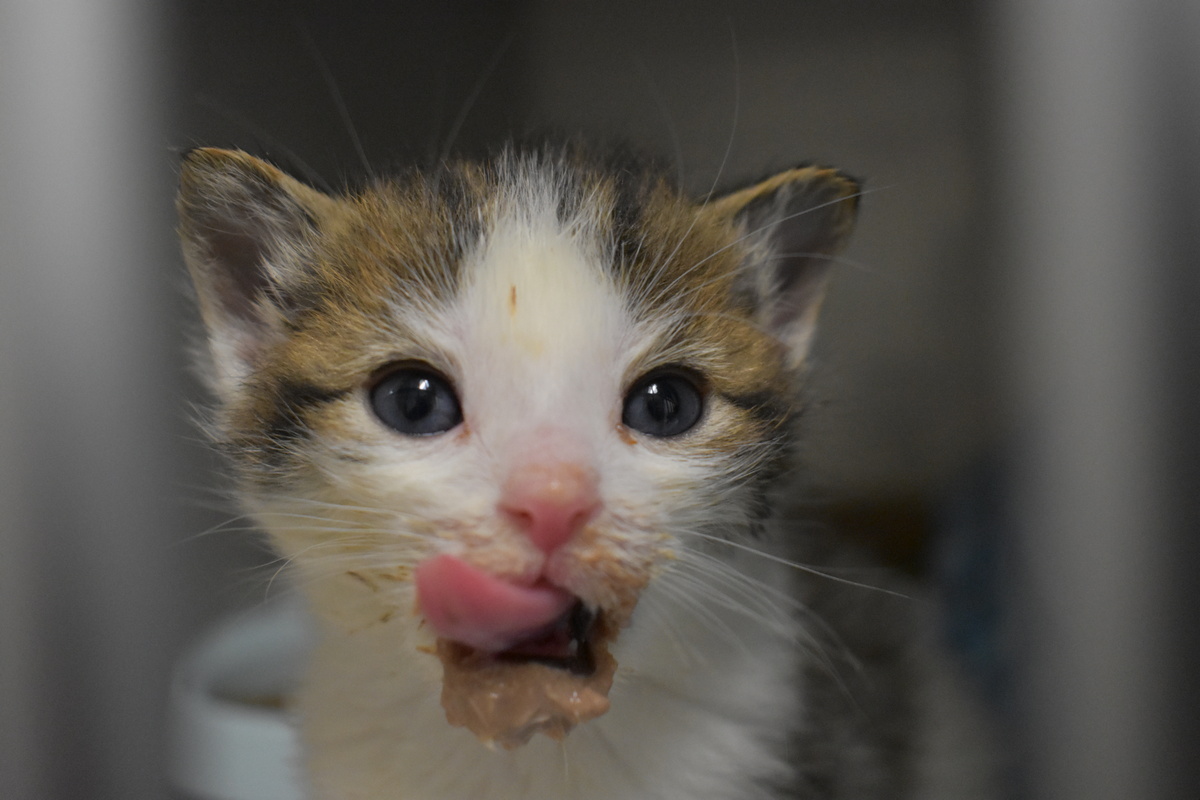
So, what’s the problem?
These droves of kittens create a number of problems. Motherless, newborn kittens require a great deal of time and extensive care. Many of the kittens brought to the shelter without their mothers are just days to weeks old. They haven’t been weaned yet and aren’t able to eat solid food. They will require foster care from dedicated volunteers willing to take them in for regular bottle feeding. On average these kittens require feeding every few hours, and on top of that need to be stimulated to go to the bathroom and cleaned. Kittens this young aren’t able to regulate their temperature and need heating pads to ensure they don’t get too cold or hot. As they get older, there is a lot of care to ensure they are healthy, gaining weight, and litter trained. We are fortunate to have a growing network of 200 foster care volunteers, and even then we are often challenged to find someone who can take on the huge responsibility of care each time a litter of kittens comes in.
At about eight weeks old, kittens are able to eat solid food and have a good transition into their new home. At this point, the veterinary clinic can spay or neuter the cats in an effort to head off the continuing problem, and then they can be made available for adoption. Unfortunately, mother cats and other older cats are overlooked by adopters taken in by the cute kittens, and there may be not enough room in the shelter for all the incoming kittens. On busy days at Lollypop Farm, we’ve seen as many as 70 cats and kittens in one day alone. With this many cats, it can be hard for shelters to care for and find homes for everyone.
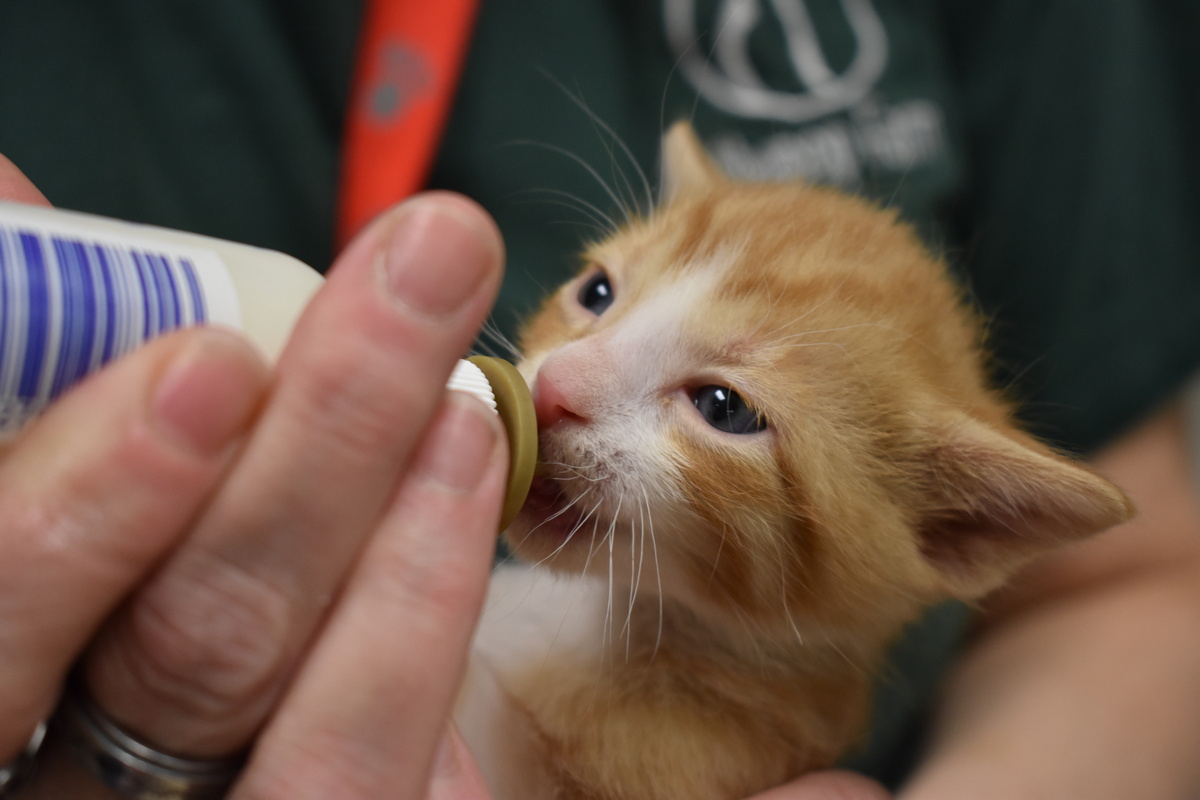
You can help!
No one person or organization can do it alone. It takes a community that is actively engaged to help prevent and provide care during kitten season.
1. Spay or Neuter Your Cats. Cats can become pregnant at as young as five months of age. Fortunately, kittens as young as two months can be safely altered. If you can’t afford the procedure, check out our S.N.I.P. program that offers assistance for low-income pet owners, veterans, and college students.
2. Give a gift to help homeless litters! It takes a lot of supplies and other resources to help care for all the kittens. While our adult pet food is generously donated by Pet Supplies Plus, we could really use the following items: PetAg KMR® formula for cats and kittens, Miracle Nipples (size: mini), Small digital scales, Churu lickable puree, Feliway spray, Snuggle Safe microwave heating pad, Pet Stages cat pillow, Smart Pet love snuggle puppy behavioral aid toy.
You can purchase all of these items on our Amazon Kitten Wish List and they will be shipped directly to us. You can also visit our Pet Supplies Plus adoption locations in Greece, Brighton/Pittsford, or Webster to purchase items for kittens in need, or through our Chewy.com Wish List.
3. Become a Foster Volunteer. By becoming a volunteer you can help care for kittens coming in from the community. We’ll provide you with training and supplies you need to help little kittens provide bottle feeding and compassionate care until the kittens are old enough to be adopted.
4. Adopt a Cat. Choosing to adopt not only means you’ll providing a home for your new feline friend, you’re making space for another cat to find a safe haven in the shelter when it’s needed. See pets for adoption.

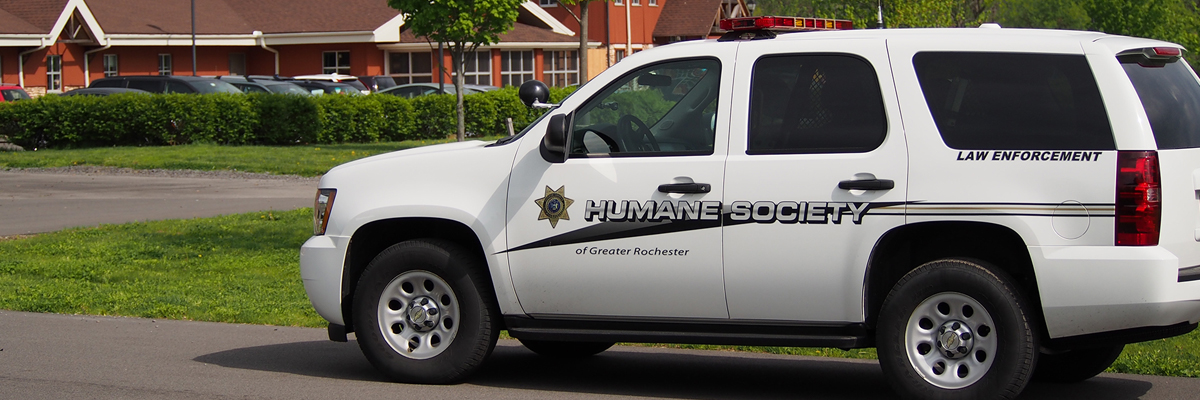
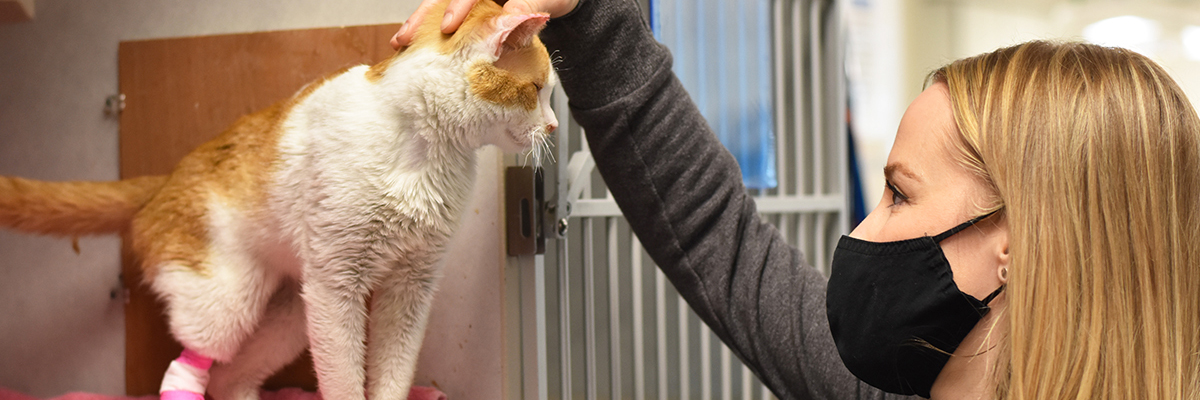
 Rescued from a house fire in Perinton, NY earlier this year, this 2-year-old…
Rescued from a house fire in Perinton, NY earlier this year, this 2-year-old…